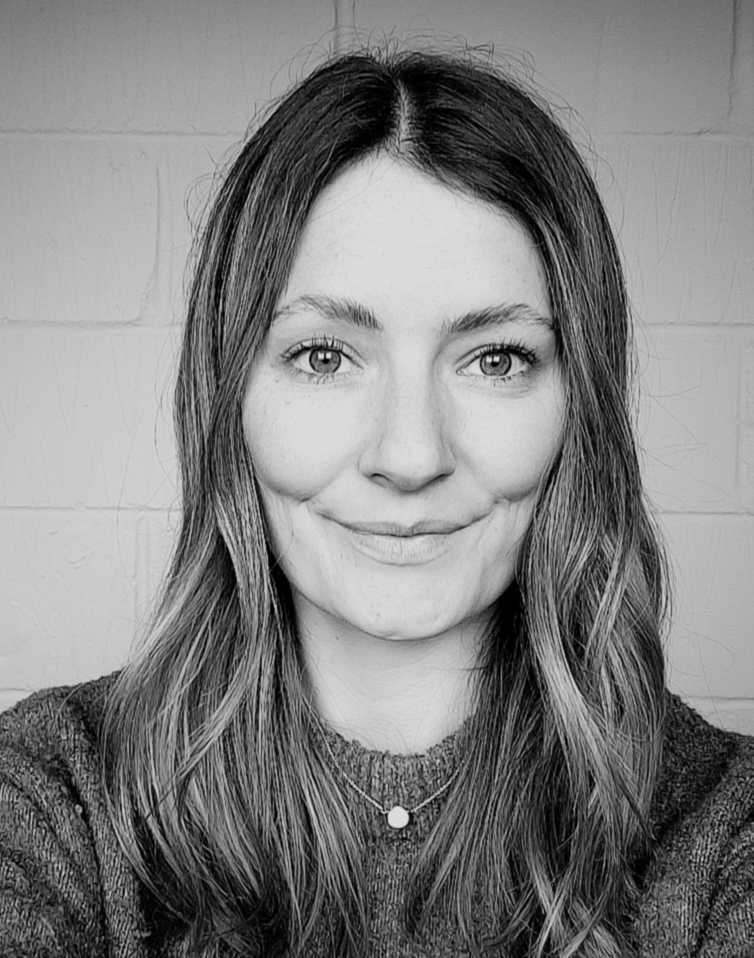Case Studies (AQA A Level Psychology) : Revision Note
Case studies
Case studies are detailed and in-depth investigations of a small group or an individual
Case studies in A Level psychology allow researchers to examine individuals who have undergone a unique or rare experience or who are unusual in some way e.g.
someone who had a hemispherectomy to treat their epilepsy
someone who spent their childhood living in a cult
someone who presents with dissociative identity disorder
Qualitative data may be collected using interviews, observations, open-ended questions on a questionnaire
This means that case studies are a good means of reporting subjective, individual experience that is highly personal and relates only to the participant(s)
Case studies are commonly referred to as a qualitative method, but they can also generate quantitative data e.g. memory tests, IQ tests, closed questions on a questionnaire
If a case study employs more than one method (e.g. interviews plus observations plus memory tests) it is referred to as triangulation
Triangulation of method involves using more than one method in the same study
Triangulation of data involves generating more than one set or type of data in the same study
Triangulation of research involves using more than one researcher to collect, analyse (or both) in the same study
Most case studies tend to be longitudinal
A participant's experience/progress is tracked and measured over time
The case study may take weeks, months or even years to complete
The case of HM is an example of a case study of an individual with brain damage
Qualitative data was obtained via interviews and observations of HM both at home and in the hospital
Quantitative data was obtained via memory tests, IQ tests and MRI scanning of his brain
By studying HM so closely for years the researchers were able to conclude that the hippocampus plays an essential role in the formation of new memories (short-term memory specifically)
Evaluation of case studies in A Level psychology
Strengths
Case studies provide rich, in-depth data which is high in explanatory power
Therefore the researcher can gain insight into the unique experience of the participant
This is a holistic, idiographic approach, where the whole individual is considered
Thus, case studies are high in ecological validity
Conducting a case study of an individual with an unusual, rare disorder or condition allows researchers to form conclusions as to how the majority of the population functions e.g.
The study of HM showed the effect on memory of brain damage due to hippocampal surgery
The lack of a hippocampus in HM (seen via MRI and then post-mortem examination) highlighted the importance of this brain structure in the formation of new memories
Limitations
The findings from case studies only represent the person (or small group) who is the focus of the study
This means that they cannot be generalised to wider populations
Case studies may suffer due to the relationship between the researcher and the participant
The researcher may begin to feel too close to the person they are studying which could result in them losing their objectivity and possibly using bias in their reporting of the results
Any type of bias would impair the validity of the findings
Examiner Tips and Tricks
You should use the example of case studies in an exam question on holism and the idiographic approach (both appear on Paper 3, Issues & Debates) as these sides of their respective debates are most comprehensively represented by case studies.

You've read 0 of your 5 free revision notes this week
Sign up now. It’s free!
Did this page help you?

